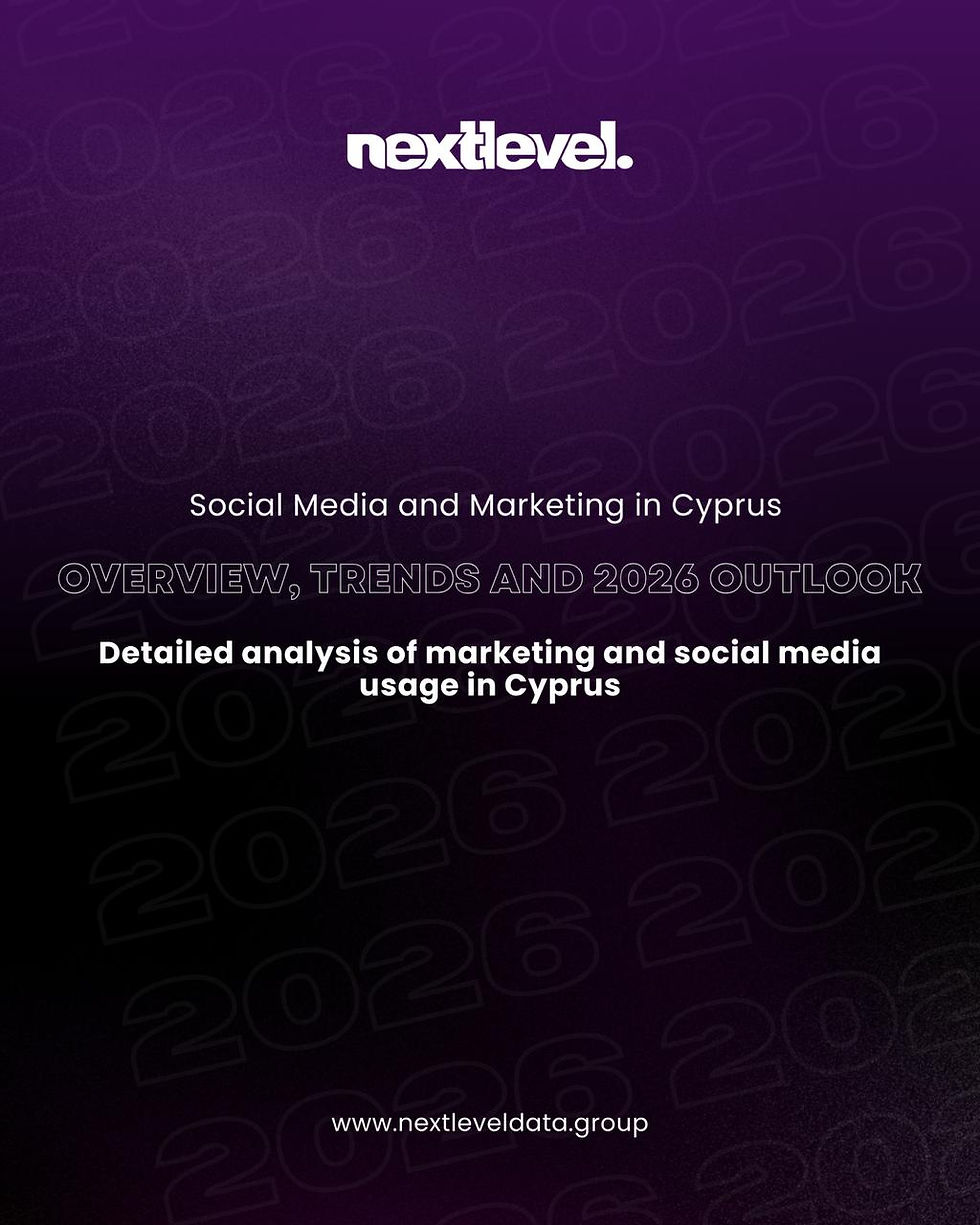Leveraging Artificial Intelligence for Personalized Digital Marketing
- Stefanos Christou
- Oct 12, 2023
- 3 min read
In today's era of digital saturation, consumers are inundated with marketing messages from all directions. To cut through the noise and stand out from the competition, businesses must adopt strategies that personalize their marketing campaigns and deliver tailored content to the right audience at the right time.
Artificial Intelligence (AI) for digital marketing has emerged as a crucial tool in helping businesses achieve this objective. AI-driven marketing tools are instrumental in:
Collecting and Analyzing Customer Data: AI algorithms can efficiently gather and analyze vast amounts of customer data, including demographics, purchase history, online behavior, and social media interactions. This data provides invaluable insights into customer preferences and behavioral patterns.
Customer Segmentation: AI enables the segmentation of customers into distinct groups based on demographics, interests, and other criteria. This, in turn, empowers businesses to craft marketing messages precisely tailored to each customer group.
Personalized Content and Offers: AI can be harnessed to create personalized content and offers for each customer segment. For instance, a fashion retailer can use AI to recommend customized outfits based on a customer's previous purchase history and browsing habits.
Effective Ad Targeting: AI plays a pivotal role in ensuring that ads are targeted with precision. For instance, a social media platform can employ AI to display advertisements for new products to users who have recently shown interest in similar items on other websites.
Here are some real-world examples of how AI is currently being used to personalize digital marketing campaigns:
Netflix: Netflix employs AI to recommend personalized movies and TV shows to users based on their viewing history and preferences.
Amazon: Amazon uses AI to suggest personalized products to customers based on their purchase history and browsing behavior.
Spotify: Spotify harnesses AI to recommend tailored playlists to users based on their listening history and preferences.
Facebook: Facebook leverages AI to target ads to users based on their demographics, interests, and other relevant factors.
The advantages of personalizing digital marketing campaigns are evident. Personalized campaigns are more likely to resonate with customers, resulting in increased engagement and conversion rates. Furthermore, personalized campaigns help businesses forge stronger relationships with customers and improve customer retention.
As AI technology continues to advance, we can anticipate even more innovative ways to personalize digital marketing campaigns. For instance, AI is currently being used to develop chatbots and virtual assistants that offer personalized customer support. In the future, AI could give rise to even more immersive and interactive marketing experiences.
Getting Started with AI-Powered Marketing:
If you're interested in leveraging AI to personalize your digital marketing campaigns, here's how to get started:
Collect Customer Data: Begin by collecting customer data from various sources, including your website, e-commerce platform, social media pages, and CRM system.
Select an AI-Powered Marketing Tool: There's a plethora of AI-powered marketing tools available. Choose one that aligns with your specific needs and budget.
Integrate the Tool: Integrate the chosen AI-powered marketing tool with your existing marketing systems to automate personalized marketing campaigns.
Start Personalizing: Once integrated, start by segmenting your customers and crafting personalized content and offers for each group.
Track and Optimize: Regularly monitor the results of your personalized marketing campaigns to identify what's working and what's not. Use these insights to refine and improve your campaigns over time.
AI is a formidable asset for personalizing digital marketing campaigns and delivering more relevant content to customers. By following these steps, you can initiate your journey into AI-powered marketing and start reaping the benefits.





Comments